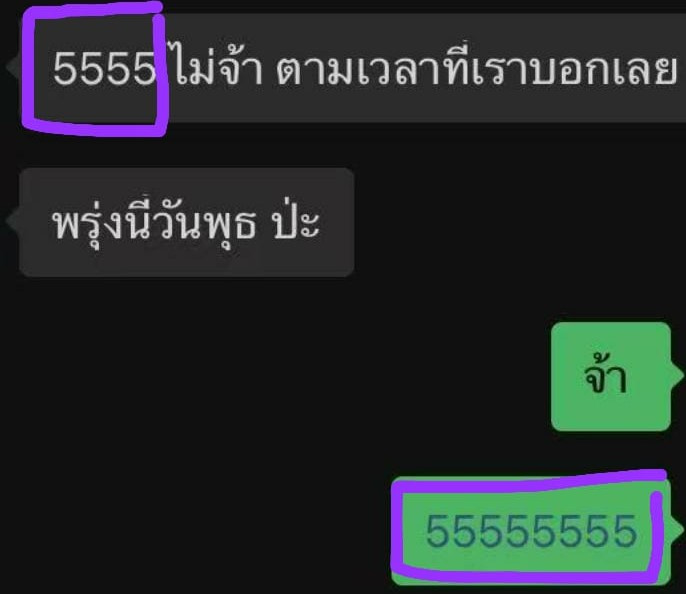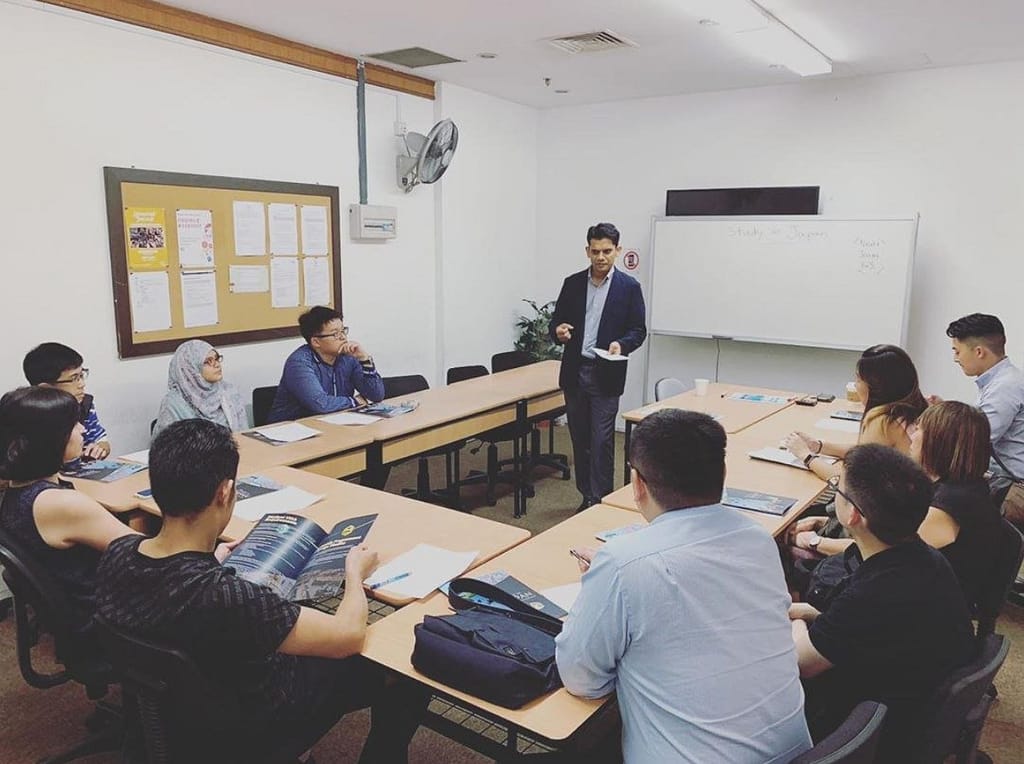Let’s face it. Most of the fun in learning a new language is to learn to scold 😏
However, memorising a whole new list of vocabulary is daunting and most people wouldn’t put in that much effort to scold. So what are some fast and easy ways to scold in Thai? 😏
1. Manipulate basic sentence structures
This is by far my favourite line when I teach my friends how to scold in Thai 😏 It goes like this:
“samong yuu thii hong nam”
which means “brain is in the toilet” 🤣🤣🤣
Let’s break down how this sentence came about.
One of the most important phrases when you are learning Thai is “Where is the toilet”? In Thai, this would be “hong nam yuu thii nai”. “Hong nam” means toilet 🚽 And the answer to that would be “hong nam yuu thii XXX” which means the toilet is at XXX.
💡 If you are a Chinese speaker, it would be easier to learn Thai speaking by thinking in Chinese. “hong nam yuu thii nai” literally translates to 厕所在哪里?/ 厕所在 XXX.
The sentence structure of the above statement is “A is at B”, and “yuu thii” means “at where”.
Now to scold in Thai, all you need to do is to replace “B” with toilet and replace “A” with brain. Brain is “samong” in Thai 🧠 Hence, “samong yuu thii hong nam” is one of the easiest scolding phrases to remember 😂 I came up with this and my friends love it 😂😂
2. End your sentences with “wa”
As mentioned in my blog on ending particles in Thai Language, “wa” / วะ (high tone) as an ending particle denotes annoyance 😠 So simple statements can be made to sound rude just by ending it with “wa”. For example:
- What? / Arai? Instead of a polite “arai na”, you can use a rude “arai wa”
Interested to learn the Thai Language? Here’s what you can explore!

Practice your Thai speaking skills and learn how to use Thai to express everyday small talk.

A serious Thai learner aiming to master Thai reading and writing? Start off by learning to text in Thai!

Go for regular Thai classes. Use your SkillsFuture credits to offset your Thai Language course fees!
3. In front of the person’s name, add an “I” or “E”
“I” and “E” are insulting titles for males and females respectively 🤭 Hence adding an “I” (pronounced ai) in front of a male’s name and adding an “E” (pronounced ee) in front of a female’s name will make it rude. It’s that simple! 😎
Cue: to be polite, you’ll add “khun” in front of the person’s name for both males and females. Read here to learn what is khun in Thai
So if someone wants to be nasty to me 😖😖, they will call me “E Jann” (adding E in front of my name). And if I want to be nasty back, assuming it is a guy named Joe, I will call the person “I Joe” 😏😏
4. Weave in “hia” into your sentence
Wait…that’s it? What is “hia” in Thai language? Why will using “hia” in your Thai sentences make them really rude? 🤔
“Hia” / เหี้ย (pronounced hi-a, falling tone) means “monitor lizard”. “Hia” is used as the F word in Thai language because monitor lizards were once thought to bring bad luck in Thailand 😅 So be careful with using this ultimate Thai swear word!
5. Memorise some easy Thai swear words
The easiest Thai swear words for me to remember are
- Khwaay, means Buffalo, denotes stupid
- Guan Tin, means to mess with someone (I remember by thinking of guan yin 🤣🤣)
- Ting Tong, means weird
That’s about it! 5 easy methods to start scolding in Thai. Be careful with using these methods with people though, as they can be really rude 😥 I trust in your commonsense and will not be responsible if you used any of these in Thailand and earned yourself a beating 💨💨
Get help with learning to read, write and text in Thai today! 🥰
About the author – see the About page for more information
Joanne Tan is an aspiring polyglot and has so far mastered English, Chinese and Thai languages. She first started learning Thai in 2015 before staying in Bangkok for 5 months, and then continued studying Thai up to Advanced Levels at the National University of Singapore. In 2017, Joanne was awarded ‘Advanced Thai Proficiency’ by the Sirindhorn Thai Language Institute of Chulalongkorn University. Today, Joanne freelances as a Thai language teacher in Singapore and helps her Thai friends actively promote Thai culture.
